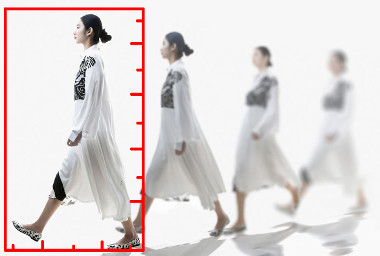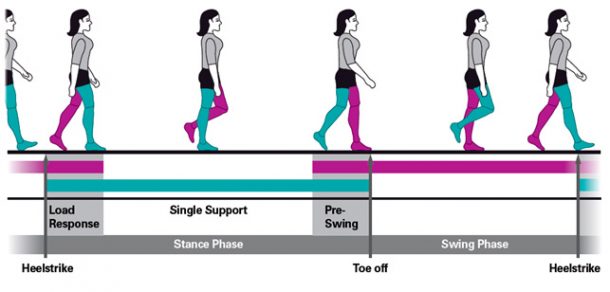Almost everyone has a distinctive walk. We can recognize them from far away even when we can’t see their face just by the way they walk. Scientists have now created an artificial intelligence-based system that can do the same and recognizes people from their footsteps.
Researchers from the University of Manchester and the University of Madrid came together to develop the new system which simply requires a person to walk normally across a pressure pad placed on the floor. Their gait pattern is recorded as they do so. It does not matter what type of shoes they are wearing or if they are wearing shoes at all. The recording is then compared to the pattern already present on file to confirm the identity of the person.

“Each human has approximately 24 different factors and movements when walking, resulting in every individual person having a unique, singular walking pattern,” says Manchester’s Dr. Omar Costilla Reyes, who led the research. “Therefore monitoring these movements can be used, like a fingerprint or retinal scan, to recognize and clearly identify or verify an individual.”
In order to train the AI, scientists created the world’s largest footstep database. The database is known as SfootBD and is made up of almost 20,000 footstep signals obtained from 127 people. The system has already been tested in airport security checkpoints, workplaces, and home environments.

It has been successful in verifying the individuals and was able to point out the imposters pretending to be someone else with an almost 100% accuracy. This will definitely improve security at high-profile locations but it also has a number of other applications.
“The research is also being developed to address the healthcare problem of markers for cognitive decline and onset of mental illness, by using raw footstep data from a wide-area floor sensor deployable in smart dwellings,” says Reyes. “Human movement can be a novel biomarker of cognitive decline, which can be explored like never before with novel AI systems.”
Can you think of all the possible uses? Let us know in the comments section.


